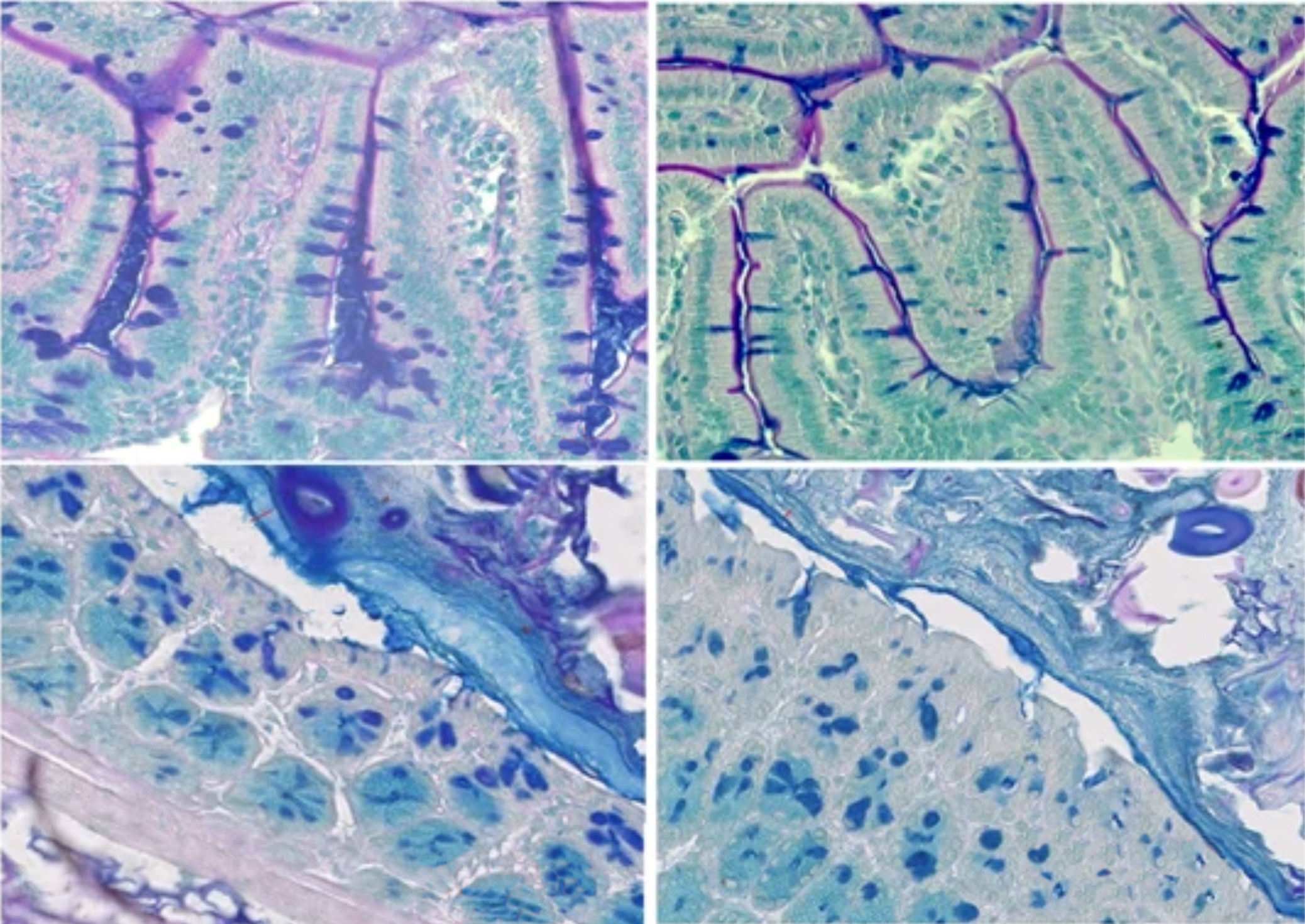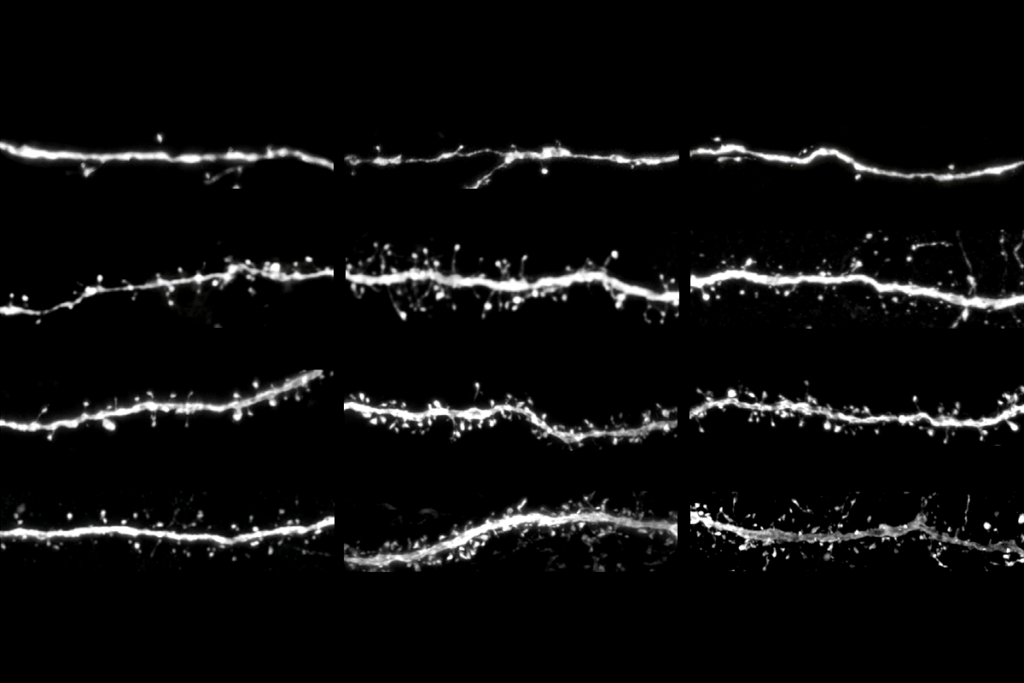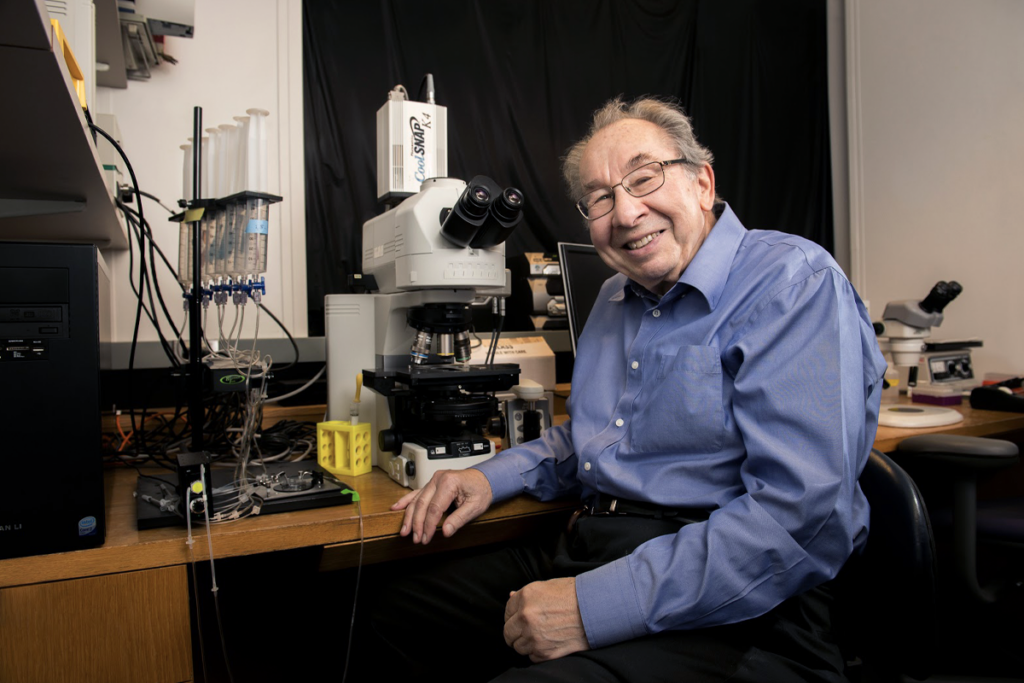- The drug bumetanide had no effect on autism traits in children in two clinical trials. Spectrum previously reported on the studies’ interim results. Autism Research
- Mice missing a copy of the autism-linked gene CHD8 have altered gastrointestinal function, including increased permeability and greater microbial load. Translational Psychiatry
- People with disabilities are now included in the research portfolio of the U.S. National Institute on Minority Health and Health Disparities. nih.gov
- Specific electroencephalographic measures in autistic youth vary based on sex. Autism Research
- Autism prevalence more than doubled in adult Medicaid enrollees in the United States from 2011 to 2019. JAMA Psychiatry
- The U.S. Food and Drug Administration has announced a new pilot program to aid the development of therapies for rare diseases. Food and Drug Administration
- Many gene variants linked to neurodevelopmental conditions can alter interneuron development, according to a study in assembloids. Spectrum covered a preprint version of the work last year. Nature
- Loss of the autism-linked gene CHD8 alters the developmental trajectories of neural cells in brain organoids, according to a preprint. bioRxiv
- The U.S. Interagency Autism Coordinating Committee has released its biannual strategic plan, calling for more federal funding to address a range of solutions for autistic people across their lifespans. iacc.hhs.gov
- Two researchers voice their view that more ethical consideration and caution should be applied to the creation of embryo-like structures from stem cells. Nature
 Leaky gut: Mucus layer thickness in the small intestine (upper panels) is altered in CHD8L-deficient mice (right panels).
Leaky gut: Mucus layer thickness in the small intestine (upper panels) is altered in CHD8L-deficient mice (right panels). - Autistic and non-autistic children have similar brain levels of glutathione and gamma-aminobutyric acid, according to a preprint. bioRxiv
- The National Academy of Medicine has elected several autism researchers as new members, including M. Daniele Fallin, Guoping Feng, Jeannie Lee, Mustafa Sahin and Hongkui Zeng. National Academy of Medicine
- Low levels of the protein FMRP, the cause of fragile X syndrome, leads to mitochondrial dysfunction and hyperexcitability in developing neurons; a key player in these changes may be the protein RACK1. Neuron
- Sex hormones and gut microbiota influence each other, and both can modulate the nervous system, according to a review that calls for more girls and women to be included in studies on the gut-brain axis’s role in autism. Trends in Microbiology
- The nonprofit foundation n-Lorem has announced a new effort to develop antisense-oligonucleotide-based therapies for children with rare genetic neurological conditions. Business Wire
CHD8 gene; sex differences in EEG; interneuron development
Here is a roundup of news and research spotted around the web for the week of 9 October.
By
Jill Adams
13 October 2023 | 3 min read
tags:
Recommended reading

New method identifies two-hit genetic variation in autism; and more
By
Jill Adams
28 October 2025 | 2 min read

Protein tug-of-war controls pace of synaptic development, sets human brains apart
By
Holly Barker
23 October 2025 | 9 min listen

Gene variants accumulate in older men’s sperm; and more
By
Jill Adams
21 October 2025 | 2 min read
Explore more from The Transmitter

First Pan-African neuroscience journal gets ready to launch
By
Lauren Schenkman
28 October 2025 | 5 min listen

The missing half of the neurodynamical systems theory
By
Xiao-Jing Wang
27 October 2025 | 9 min listen

Remembering GABA pioneer Edward Kravitz
By
Claudia López Lloreda
24 October 2025 | 9 min listen
Cite this article: